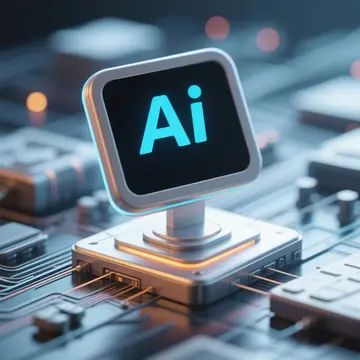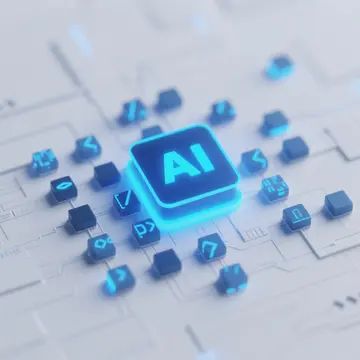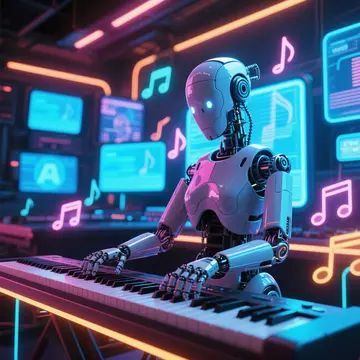Introduction
AI is transforming the way we create, produce, and experience music. From AI composers to mastering algorithms, these tools promise accessibility and efficiency. But as AI-generated music becomes more mainstream, it brings with it complex ethical questions. In this article, we examine the ethical considerations of AI in music creation, offering insights for artists, developers, and listeners.

1. Copyright and Originality
One of the most pressing concerns is copyright. Many AI systems are trained on vast datasets of existing music. If the outputs closely resemble copyrighted works, who is legally and ethically responsible? Is the AI creator liable? The user? Or is the work truly “original”?
Key concern: Using copyrighted material to train AI without consent may lead to legal challenges and undermine artistic integrity.
2. Creative Ownership and Credit
If a track is made using AI-generated melodies, should the human user be credited as the sole creator? Or does the AI deserve partial credit? How about the programmers who built the model? The ethics of creative ownership in AI music is still largely undefined.
Ethical approach: Transparency about AI involvement and shared credit (when appropriate) respects the efforts behind both the technology and the human input.
3. Displacement of Human Musicians
As AI-generated tracks become more common in games, ads, and streaming platforms, many fear job displacement in the music industry. While AI can empower indie creators, it may also reduce demand for session musicians, composers, or audio engineers.
Balanced perspective: AI should augment—not replace—human creativity. Ethical use includes fair labor practices and supporting human artistry alongside automation.
4. Cultural Appropriation and Bias
AI models trained on music from specific cultures may generate content that imitates or exploits traditional styles without context or permission. This raises concerns of cultural appropriation and algorithmic bias.
Ethical design: Developers should ensure diverse and respectful training data, and offer transparency about cultural influences in generated works.
5. Emotional Authenticity and Listener Deception
Music is deeply emotional and personal. When listeners connect with a song, they often assume a human was behind it. Is it ethical to market AI-generated music without disclosing its origins? Can an AI truly express pain, joy, or grief?
Recommended practice: Full disclosure about AI involvement helps maintain trust and authenticity in the listener-artist relationship.
6. Environmental Impact of AI Training
Training large AI models for music generation consumes significant energy. Developers and users should consider the carbon footprint of training data-heavy models, especially if used at scale in commercial platforms.
Sustainable ethics: Use efficient architectures and consider eco-friendly AI development practices.
Conclusion
AI has the power to democratize music creation and spark new forms of expression. But without thoughtful guidelines, it also risks violating ethical boundaries. By considering issues of copyright, credit, culture, and transparency, we can create a future where AI enhances—not exploits—the world of music. Artists, engineers, and listeners all share a role in shaping this future ethically.
FAQs on AI Music Ethics
Is AI-generated music copyrightable?
Currently, most jurisdictions don’t allow copyright protection for works created solely by AI. However, if a human contributes meaningfully, joint copyright may be possible.
Can AI music be considered authentic art?
That depends on how you define art. While AI lacks consciousness or intent, the emotional impact of AI-generated music on listeners is real. Ethical transparency is key to framing the art.
What can artists do to protect their work from being used in AI training?
Artists can advocate for stronger consent policies and metadata protections. Some platforms are also developing opt-out databases for training datasets.
Learn more about AI MUSIC








